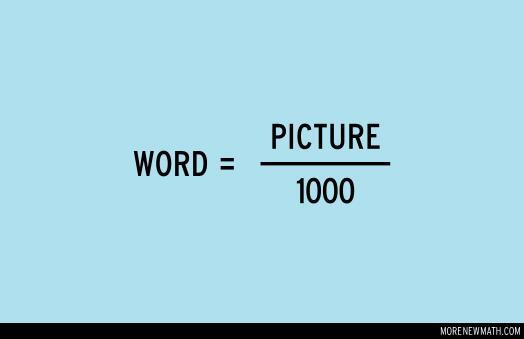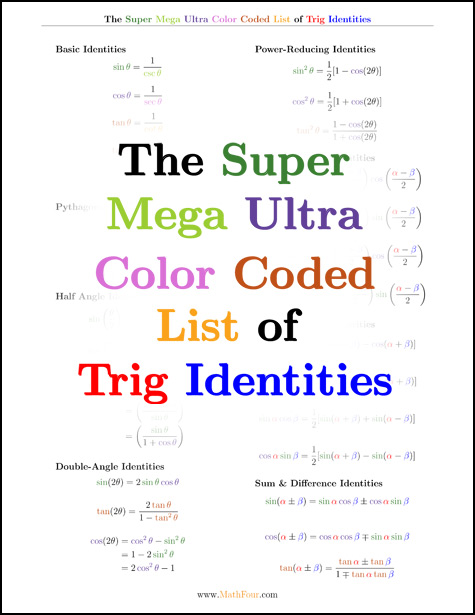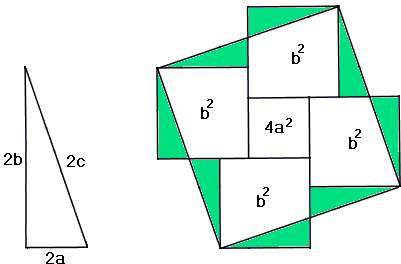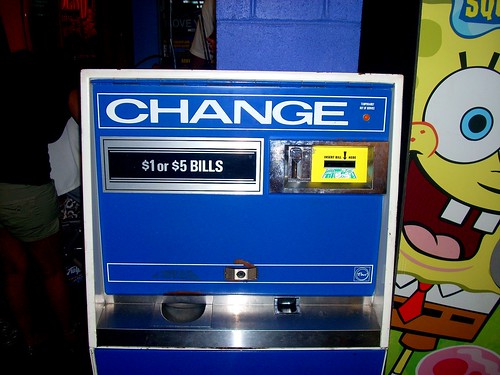Curriculum Tags: All
https://www.youtube.com/watch?v=Yexc19j3TjE
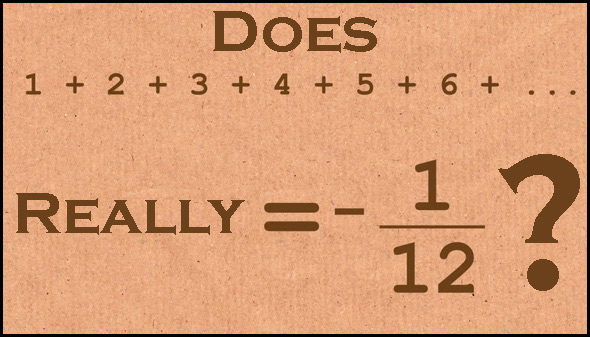 So last week I posted another video from Numberphile that has generated a lot of mathematical discussion. Of the rebuttals, I think this was the fairest. If you haven't seen the video yet, click here.
So last week I posted another video from Numberphile that has generated a lot of mathematical discussion. Of the rebuttals, I think this was the fairest. If you haven't seen the video yet, click here.Curriculum Tags: MCR3U, MHF4U
http://www.slate.com/blogs/bad_astronomy/2014/01/18/follow_up_the_infinite_series_and_the_mind_blowing_result.html
 Among the things that got a make over with the relaunch of the Math Gains site last week was the CLIPS flash object. Some new tabs that include some of the new games that have appeared on the Mathies.ca site as well as one for tools (though that one seems redundant since the wrench icon will also take you there).
Among the things that got a make over with the relaunch of the Math Gains site last week was the CLIPS flash object. Some new tabs that include some of the new games that have appeared on the Mathies.ca site as well as one for tools (though that one seems redundant since the wrench icon will also take you there).Tags: All
http://oame.on.ca/clips/
 I really love this pattern recently found on the Math With Bad Drawings blog. The thing that is great is that you could use this pattern as is in grade 7 or 8 but then you could use it as an intro to multiplying binomials and on the blog I love the visual proof as well.
I really love this pattern recently found on the Math With Bad Drawings blog. The thing that is great is that you could use this pattern as is in grade 7 or 8 but then you could use it as an intro to multiplying binomials and on the blog I love the visual proof as well.Curriculum Tags: Gr7, Gr8, MPM1D, MFM2P
http://mathwithbaddrawings.com/2014/01/13/undiscovered-math/
 I really like this very comprehensive post from Dan Meyer on what piques curiosity in students. Lots of examples from various grade levels and reference to research along the way.
I really like this very comprehensive post from Dan Meyer on what piques curiosity in students. Lots of examples from various grade levels and reference to research along the way.Curriculum Tags: All
http://blog.mrmeyer.com/?p=18314
 It's no secret that I am a fan of Desmos, This week, in preparation of the Superbowl, Yummy math has a data set about Superbowl ads that is dynamic and spans linear, quadratic and exponential models. Perfect for MCR3U and MHF4U.
It's no secret that I am a fan of Desmos, This week, in preparation of the Superbowl, Yummy math has a data set about Superbowl ads that is dynamic and spans linear, quadratic and exponential models. Perfect for MCR3U and MHF4U.Curriculum Tags: MCR3U, MHF4U
http://www.yummymath.com/2014/how-has-the-cost-of-a-super-bowl-ad-changed-3/
 I love this geometry construction game. You start with two points, and you can construct either a line segment or a circle based on those points. Any intersections create new points and you are given figures to create (Eg a triangle inscribed in a circle). Its actually a little addictive. Give it to your students who need something extra to do.
I love this geometry construction game. You start with two points, and you can construct either a line segment or a circle based on those points. Any intersections create new points and you are given figures to create (Eg a triangle inscribed in a circle). Its actually a little addictive. Give it to your students who need something extra to do.Curriculum Tags: All
http://sciencevsmagic.net/geo/
 What do you call a group of mathematicians? Thanks to the fine folks at the American Mathematical Society you can follow this link and find out.
What do you call a group of mathematicians? Thanks to the fine folks at the American Mathematical Society you can follow this link and find out.Curriculum Tags: All
http://blogs.scientificamerican.com/roots-of-unity/2014/01/14/collective-noun-for-mathematicians/
Do you need a "real world" video to help you teach systems of equations. Of course you do. Here is an activity from Emergent Math that uses this cool video from an MLB promotion. He cuts the video at first so you don't see the end and can have those good conversations with kids. And if you want to lead to something more dynamic then pull up this Gizmo to play with the situation. Also don't forget to take a look at the alternat 3Act version at the When Math Happens blog. Well done.
Curriculum Tags: MFM1P, MPM1D, MFM2P, MPM2D
Somebody from Make Magazine was at the Joint Mathematics Meeting and took a bunch of pictures and video from the floor. Some neat images
Curriculum Tags: All
http://makezine.com/2014/01/21/making-with-math/
















